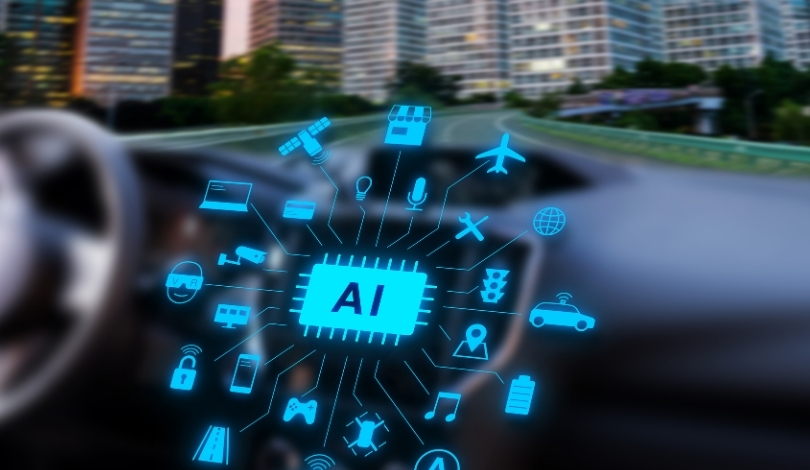A heated debate has emerged within OpenAI, the renowned developer behind GPT-4 and ChatGPT, as former employees publicly voice allegations that the company’s foundational commitment to safety is being undermined in favor of greater financial returns. This conflict places OpenAI at a crossroads between its original mission to serve humanity and growing investor interests. The urgent appeals from several individuals who previously held key roles deepen concerns about how AI progress, notably involving brand-defining products, could influence trust and transparency within one of technology’s most influential organizations. While details spark discussion within the industry, users and investors are now watching closely to see whether OpenAI will heed calls to refocus on ethical priorities or double down on commercial ambitions.
Reports about OpenAI’s internal discord and prioritization of profit surfaced before but were usually vague and scattered. Earlier accounts referenced tensions around CEO Sam Altman’s leadership and previous board member exits, though without the detailed demands for reform now articulated by ex-staff. New statements go beyond policy disagreements and describe a culture shift perceived as emphasizing “shiny products” over robust safety checks. Previous disclosures highlighted data protection and financial alignment issues, while the latest revelations add specific requests for whistleblower protections and stronger nonprofit oversight, reflecting a widening gap between public pledges and company direction.
Why Have OpenAI’s Former Employees Raised Alarm?
Central to the controversy is a proposed removal of limits on investor returns, an idea that contradicts OpenAI’s previous commitment to shared benefit with humanity. Some former staff interpret this as a decisive shift away from the nonprofit roots established at the company’s founding. The planned changes have intensified doubts that OpenAI’s governance will remain directed towards collective benefit rather than lucrative interests.
How Is Leadership Responding to Criticisms About Safety?
Several departing team members have drawn attention to CEO Sam Altman’s conduct, questioning the adequacy of oversight in pivotal safety matters. Allegations from individuals including co-founder Ilya Sutskever and former CTO Mira Murati suggest recurring patterns of unpredictability and eroded trust within OpenAI’s executive ranks. These assertions support ex-board members’ calls for a formal review of executive decision-making in AGI development.
What Reforms Are Being Demanded to Restore Trust?
Calls from the group of former employees concentrate on reinstating the nonprofit’s role and power, establishing a veto mechanism for safety decisions, and granting more independent oversight. Clear frameworks for whistleblower protection and retention of the original profit cap are emphasized as prerequisites for restoring the stated public interest focus.
The non-profit mission was a promise to do the right thing when the stakes got high. Now that the stakes are high, the non-profit structure is being abandoned, which means the promise was ultimately empty.
These concerns have gained weight as new disclosures revealed prior vulnerabilities in internal security and oversight, including testimony to Congress that highlighted potential risks from inadequate safeguards.
Pressure for substantial change arises as OpenAI’s tools such as GPT-4 are poised to influence society on a large scale. Comparison with earlier reports underscores how the debate has moved from abstract ideals to concrete recommendations and public testimony, most notably regarding security practices and the company culture post leadership transitions. The insistence on keeping OpenAI’s original profit-sharing ethics intact signals that many employees and observers see these questions as central to safeguarding the values the company championed at its inception.
Widespread anxieties surrounding profit and power at OpenAI demonstrate the tension between commercial viability and the stewardship of artificial intelligence technologies. For Watchers and stakeholders, this episode serves as a reminder that company charters and mission statements are only as durable as the mechanisms—legal, procedural, and cultural—that uphold them. Those engaging with or affected by OpenAI’s products should monitor the company’s evolving governance closely, as leadership and policy decisions here may set precedents for the broader AI sector.
- Former OpenAI staff allege profit focus is overriding safety commitments.
- They urge restoring nonprofit control and stronger oversight mechanisms.
- Leadership’s response will shape future AI safety and public trust.










